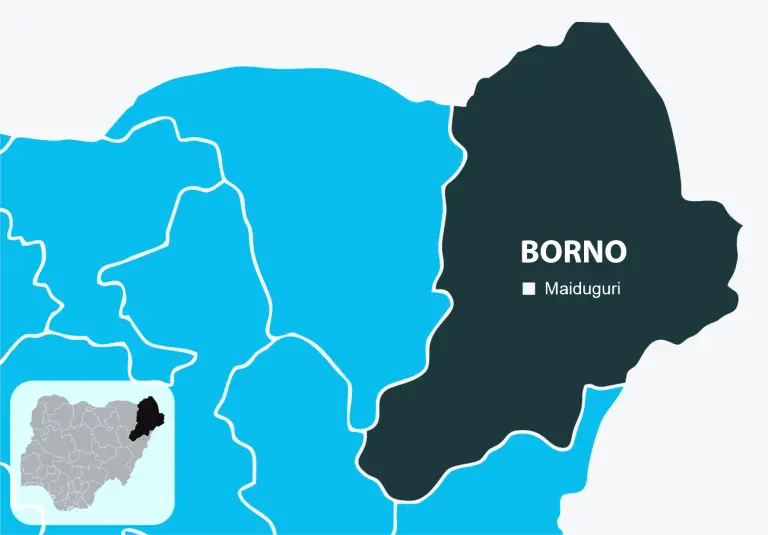National Issues
Borno State’s Provision Crisis: Wealthy Elites and Delivery Delays Drive Up Prices -By Fadeela Mustapha Lawan
The possible solutions to the problem of wealthy people buying up large quantities of provisions and market sellers storing provisions for the wealthy could include implementing regulations or restrictions on how much of a product can be purchased at one time, or creating incentives for businesses to sell to a wider range of customers.

It’s a daily struggle for many people in Borno State to put food on the table. Prices for basic provisions like rice, beans, and cooking oil have skyrocketed in recent months, leaving families struggling to make ends meet. As prices continue to rise, many are left wondering if there will ever be relief from the spiraling cost of living.
In the wake of the Boko Haram insurgency, Borno State has been left reeling from the devastation caused by years of violence. As the conflict has subsided, the people of Borno have been faced with a new challenge: the skyrocketing cost of basic provisions. With prices for food, fuel, and other necessities rising daily, many people are struggling to survive.
According to a recent report, the cost of basic necessities such as food, fuel, and other resources in Borno State is significantly higher than in other parts of Nigeria. In some cases, the cost is nearly double that of other states. This is due to a variety of factors, including the lasting effects of the Boko Haram insurgency, as well as supply and transportation challenges. The high cost is putting a strain on both families and businesses in the region. The high cost of provisions in Borno State is not only a burden for families struggling to make ends meet, but it’s also hampering the region’s economic recovery. Businesses are finding it difficult to operate, and many have closed their doors. With jobs scarce and prices rising, many people are wondering how they will survive.
Some wealthy people in Borno State buy up large quantities of provisions, sometimes as many as 50 packs or above, and store them in their own warehouses for a year or more. This may affect the overall cost of provisions, as it reduces the supply available to the general population. It’s also possible that this practice is contributing to inflation and placing an additional burden on low-income individuals. However, some market sellers have even begun storing provisions for these wealthy individuals, further reducing the availability of provisions to the general public. This has led to a rise in the cost of provisions, causing hardship for many.
The challenges of delivering provisions to Borno State go beyond the physical difficulties of the journey. Political and security risks must also be considered, as truck drivers often face extortion and harassment from corrupt officials and militant groups. These factors make the journey dangerous, but many truck drivers bravely make the trip to provide much-needed supplies to the people of Borno. It is also true that even when the cost of provisions decreases on the national level, the prices in Borno State often remain high. There are several reasons for this, including the difficulties of transportation, the lack of competition in the marketplace, and the power of local cartels and middlemen.
The possible solutions to the problem of wealthy people buying up large quantities of provisions and market sellers storing provisions for the wealthy could include implementing regulations or restrictions on how much of a product can be purchased at one time, or creating incentives for businesses to sell to a wider range of customers. To address the challenge of trucks delivering provisions, the government could invest in improving infrastructure, such as roads and bridges, to make delivery more efficient, to encourage competition in the marketplace by supporting small, local businesses and farmers. This could help to reduce the power of cartels and middlemen, and make it easier for trucks to deliver provisions. Furthermore, the government could consider implementing price controls or subsidies to make basic necessities more affordable for the people of Borno State.
Fadeela Mustapha Lawan wrote from the Department of Mass Communication, Borno State University.




















